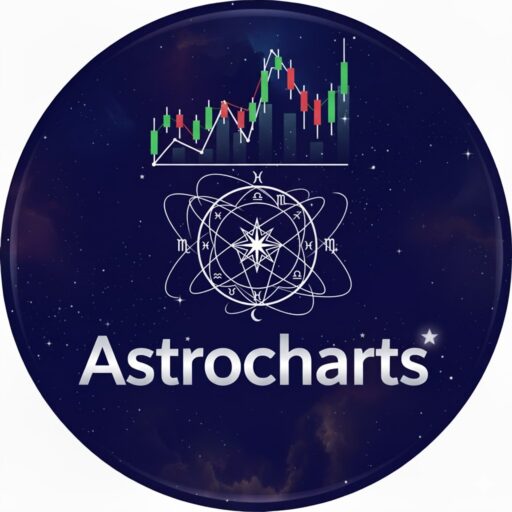Astrology
By nitin / November 14, 2025 / No Comments / Astrology, Uncategorized

- In Vedic‐Jyotish astrology there are the classical planets: Sun, Moon, Mercury, Venus, Mars, Jupiter, Saturn, plus the lunar nodes Rahu & Ketu.
- Each planet carries symbolic meaning (e.g., Jupiter = growth/expansion, Saturn = restriction/delay, etc.), which might be mapped to themes in markets (e.g., consolidation, expansion, crash).
- In mundane astrology, outer planets (in Western astrology Uranus, Neptune, Pluto) may be invoked to explain larger structural shifts (financial innovation, banking crises, technological disruption).
- Transits (a planet moving into a new sign or making aspects) are important: they can signal change in mood, policy, economy or market.
- In Vedic‐Jyotish astrology there are the classical planets: Sun, Moon, Mercury, Venus, Mars, Jupiter, Saturn, plus the lunar nodes Rahu & Ketu.
- Each planet carries symbolic meaning (e.g., Jupiter = growth/expansion, Saturn = restriction/delay, etc.), which might be mapped to themes in markets (e.g., consolidation, expansion, crash).
- In mundane astrology, outer planets (in Western astrology Uranus, Neptune, Pluto) may be invoked to explain larger structural shifts (financial innovation, banking crises, technological disruption).
- Transits (a planet moving into a new sign or making aspects) are important: they can signal change in mood, policy, economy or market.
